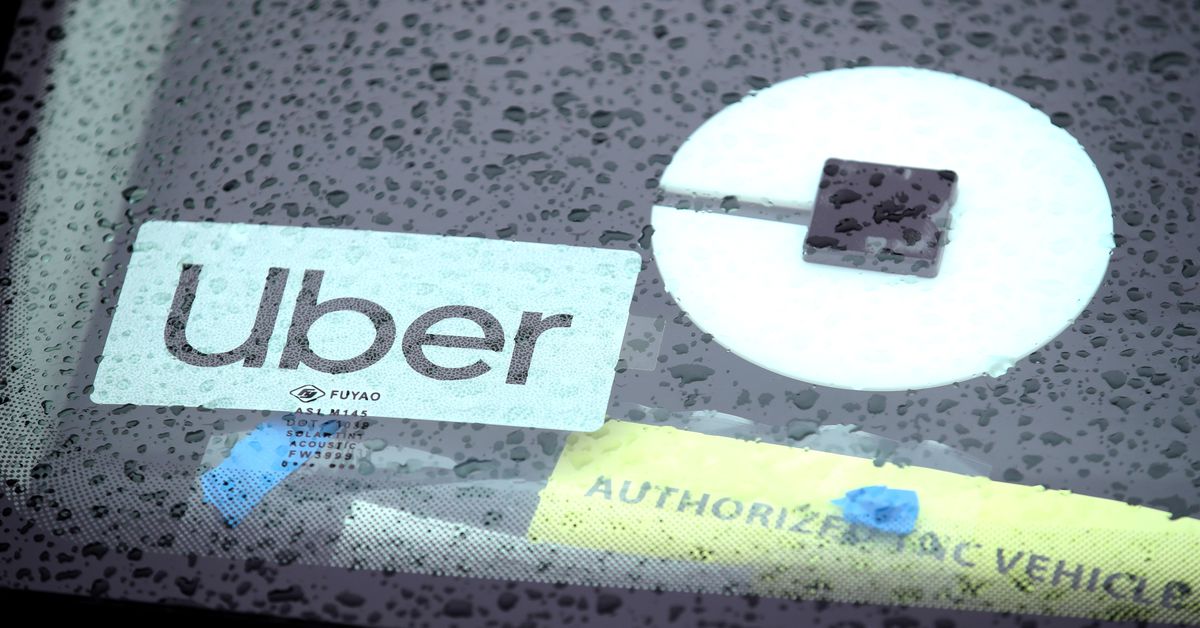
A resident of Washington, DC, is suing Uber for negligence and consumer protection violations, after she was sexually assaulted by one of the ride-hail company’s drivers. The victim, listed only as “Jane Doe” in court documents, claims Uber portrays itself as a safe mode of transportation for women, especially if they have been drinking, when in fact they are putting those women in harm’s way.
The victim was sexually assaulted by an Uber driver named Raul E. Rodriguez Vasquez on April 1st, 2018, according to court documents. She later told a social worker, who contacted the police. They collected DNA evidence linking Vasquez to the assault. He pleaded guilty to one count of sexual abuse and is currently in jail.
The civil case is the latest example of Uber’s ongoing problem with sexual assault and abuse by drivers. Last year, CNN reported that at least 103 Uber drivers in the US had been accused of sexually assaulting or abusing their passengers over a period of four years. At least 31 drivers have been convicted for crimes ranging from forcible touching and false imprisonment to rape, and dozens of criminal and civil cases are pending, CNN found. In June 2017, a Kansas City woman sued Uber after she was raped by a driver, claiming the company ignored warnings about the driver’s criminal history.
In this most recent case, the anonymous victim is seeking $10 million in damages from both Vasquez and Uber to compensate for the physical and emotional injuries she sustained from the assault. Vasquez is depicted as an “agent and employee” of Uber, contrary to Uber’s classifications of its drivers as independent contractors. This is common for civil cases against Uber and its drivers, as plaintiffs seek to portray the ride-hail company as having nearly complete control over its drivers and their actions. Uber typically settles these cases for undisclosed sums rather than letting them go to trial.
Doe claims that Uber “breached its duties” to her as a customer by failing to “warn her of the risk its services posed to women, and in particular to women who had been consuming alcohol or who were intoxicated.” Uber markets itself as a designated driving service through its advertisements and participation with groups like Mothers Against Drunk Driving, Doe says. But women who use Uber in this way are at “peculiar risk” of being sexually assaulted by their drivers, she claims.
Uber has long struggled with allegations of assault and harassment, both among drivers and its own employees. An engineer named Susan Fowler wrote a widely read essay in which she outlined several incidents of harassment and portrayed Uber’s corporate culture as toxic toward women. An investigation was launched and dozens of employees were eventually fired. The company was sued in 2017 by a woman who was raped by an Uber driver in India after it was reported that top executives, including former CEO Travis Kalanick, had obtained and mishandled her medical records in an effort to discredit her. Kalanick was eventually ousted from his position.
In the run-up to its expected public offering, Uber’s top executives are trying to make passenger safety a top priority. “I want Uber to be the safest transportation platform on the planet,” Uber CEO Dara Khosrowshahi said last September. He said they would do this by adding new features to its app, including a panic button for riders to directly contact 911. Thanks to pressure from advocates, the company is, for the first time, collecting data on sexual harassment and sexual assault experienced by both riders and drivers, and will release its first report in 2019.
A spokesperson for Uber did not respond to a request for comment.
https://www.theverge.com/2019/4/1/18290630/uber-sued-sexual-assault-driver-dc-lawsuit

